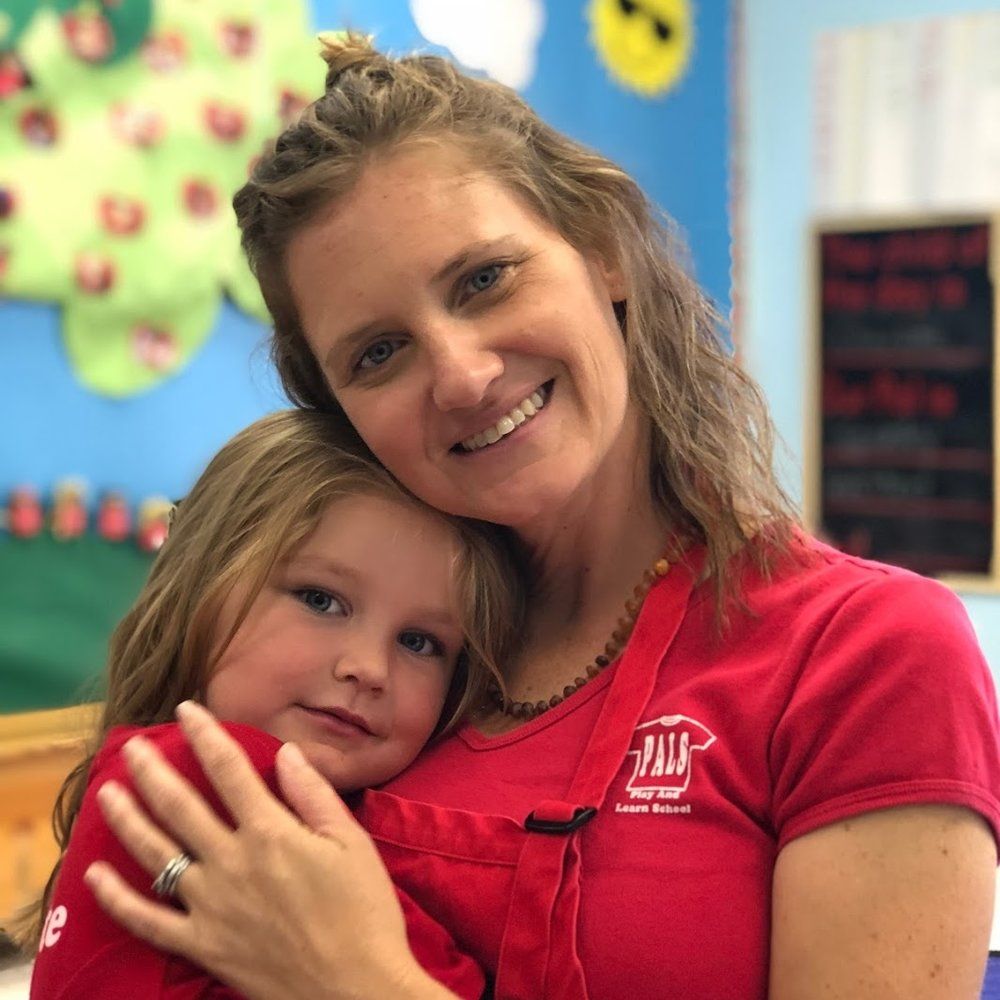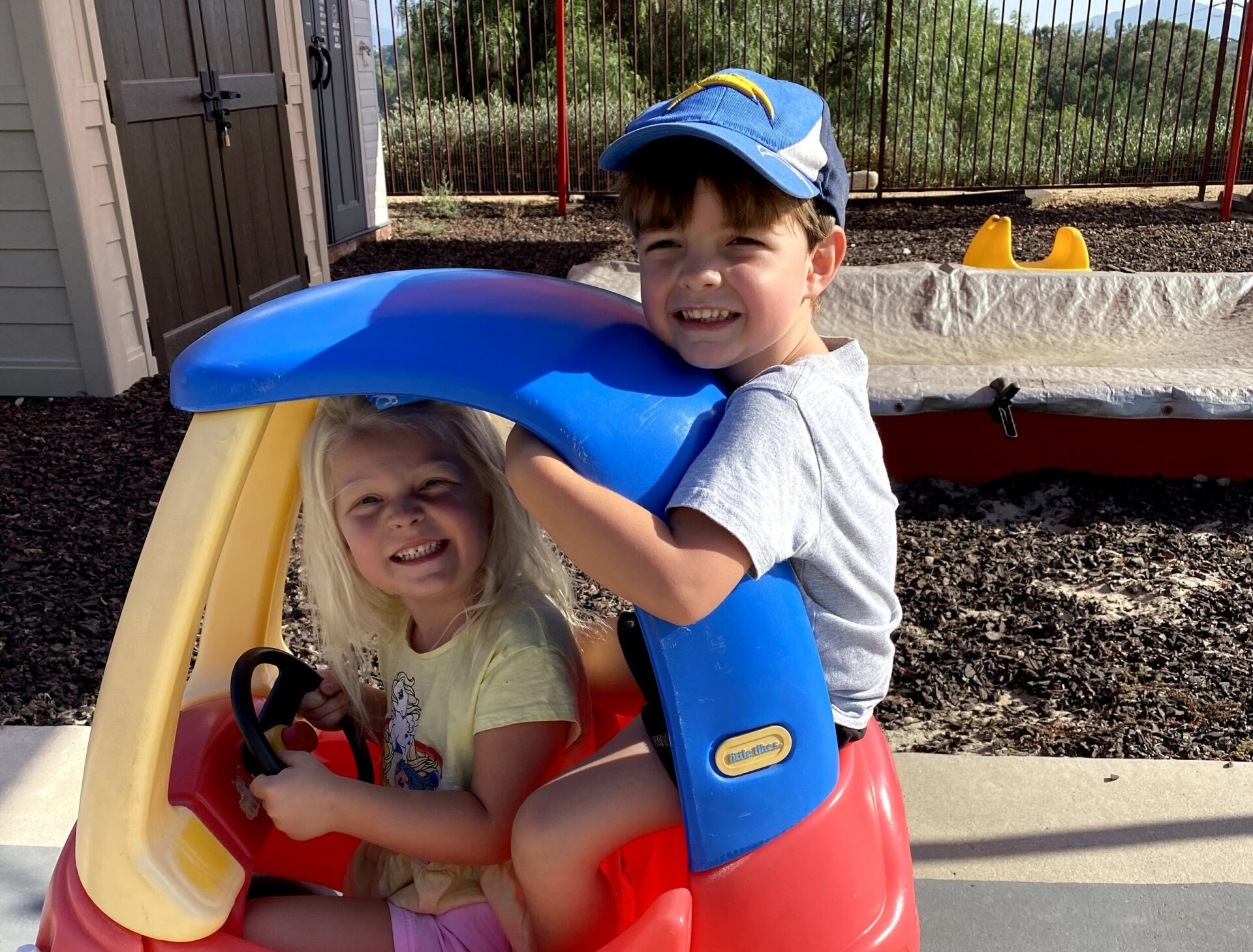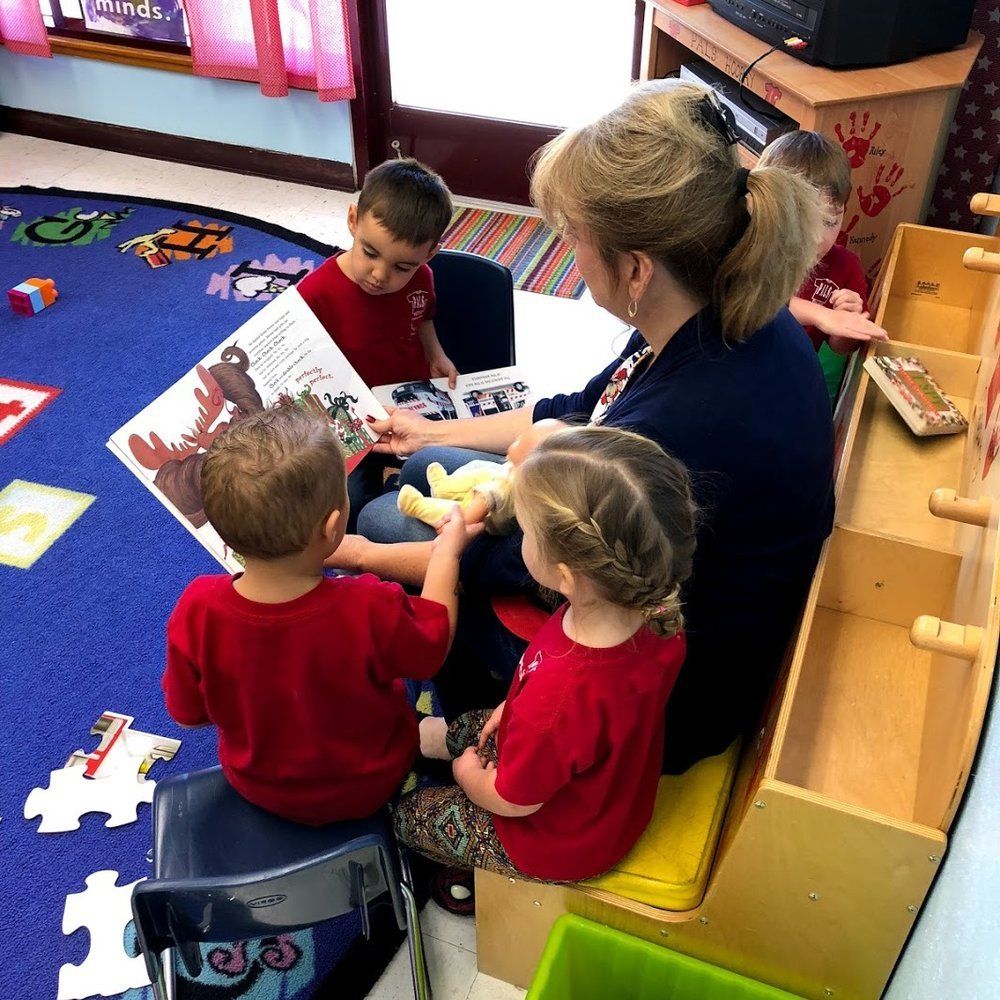The Benefits of Play-Based Learning for Preschoolers
Preschool is an exciting time for children as they begin to learn and explore the world around them. At this age, children are naturally curious and eager to learn through play. Play-based learning is an approach that encourages children to learn through hands-on, open-ended play experiences. This approach has been shown to have many benefits for preschoolers, both in their academic and social development. In this article, we'll explore the benefits of play-based learning for preschoolers.
Promotes Creativity and Imagination:
Play-based learning encourages creativity and imagination, which are essential for the development of critical thinking and problem-solving skills. Through play, children are able to explore new ideas and concepts, and develop their own unique ways of thinking.
Fosters Socialization and Collaboration:
Play-based learning also promotes socialization and collaboration among children. When children engage in play together, they learn to communicate effectively, share, take turns, and work together to solve problems. These social skills are essential for future success in school and in life.
Builds Language and Communication Skills:
Play-based learning provides children with opportunities to develop language and communication skills. Children engage in conversations with their peers and adults, express their ideas, and listen to the ideas of others. This helps to build their vocabulary and language skills, and prepares them for future academic success.
Enhances Cognitive Development:
Play-based learning has been shown to enhance cognitive development in preschoolers. Through play, children are able to develop their memory, attention, and problem-solving skills. They are also able to develop their spatial awareness, reasoning, and understanding of cause and effect.
Encourages Independence and Self-Regulation:
Play-based learning encourages independence and self-regulation in preschoolers. Children are given opportunities to make choices, solve problems, and take responsibility for their own learning. They also learn to regulate their emotions and behavior, which are essential skills for success in school and in life.
In conclusion, play-based learning is an effective approach for promoting preschoolers' social, emotional, and academic development. Through play, children are able to explore, learn, and grow in a way that is engaging and enjoyable. Preschools that incorporate play-based learning into their curriculum provide children with the foundation they need for future academic success and social-emotional well-being.











